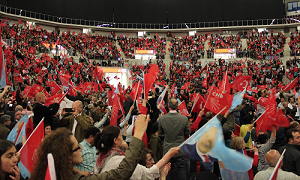Illusions of Unity: The Travails of Turkey’s Main Opposition Alliance
By Halil Karaveli
October 6, 2022
CHP leader Kemal Kılıçdaroğlu’s potential candidacy in next year’s presidential election is causing tensions within Turkey’s six party main opposition alliance, raising doubts about the viability of the alternative alliance to the rule of Recep Tayyip Erdoğan, who has rebounded in the polls. Turkey’s past, sociology and the right-wing character of the opposition alliance where the CHP is in ideological minority militate against the social democrat Kılıçdaroğlu’s presidential bid. And while Turkey’s long-standing culture war between seculars and religious conservatives may have come to an end, ethnic aspirations and rising socio-economic discontent – to which the left and the right respond differently – are bound to fuel societal conflict and make it difficult, if not impossible, to sustain a the left-right opposition alliance and the notion that there is a viable alternative to Erdoğan.
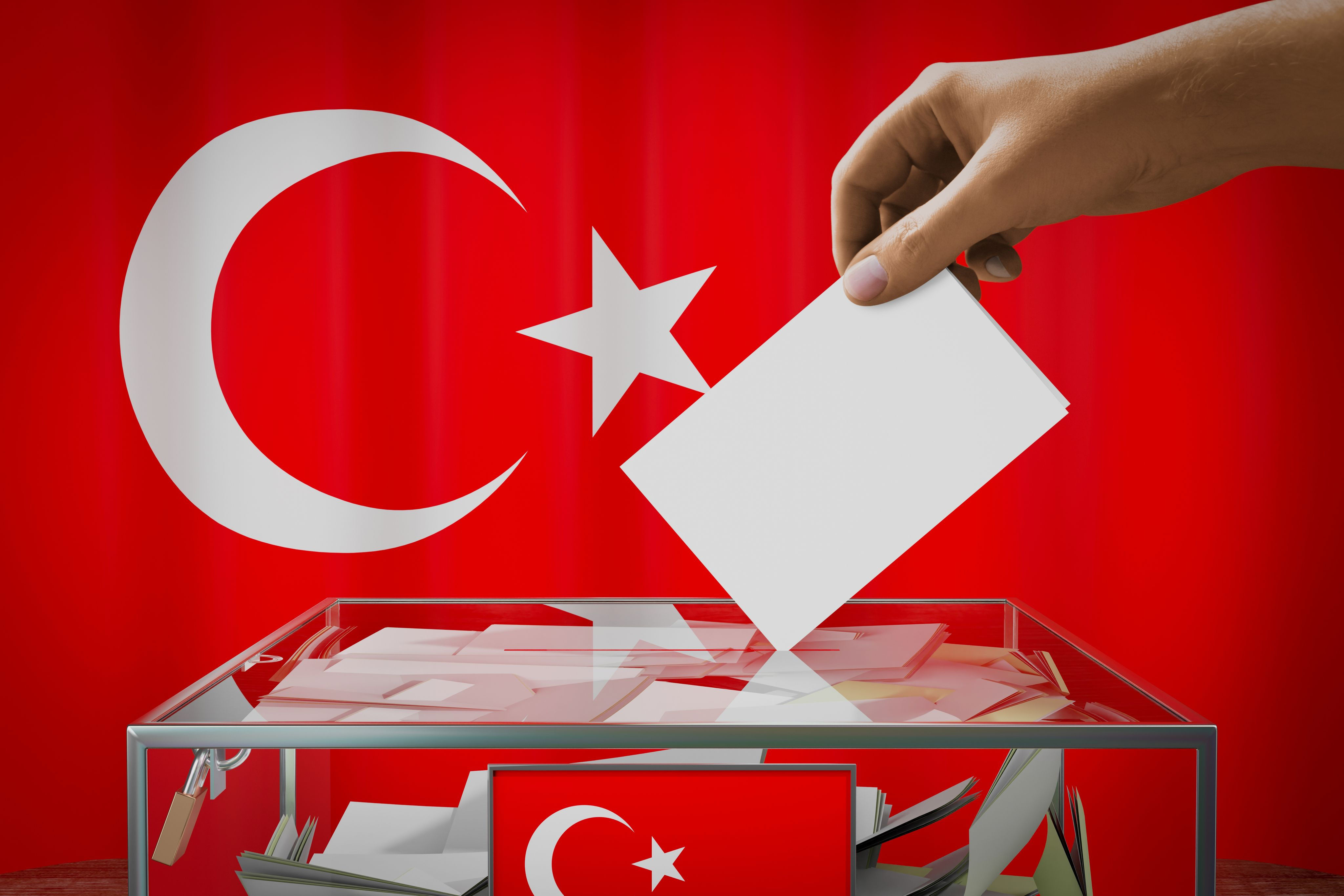
Conservatism as Solution: Can the Nation Alliance Solve Turkey’s Problems?
By Barış Soydan
March 24, 2022
While Turkey’s opposition alliance inspires little hope as an economic savior, its reduction of Turkey’s democratic deficit and crisis to a question of the power of the presidency and the solution to a restoration of parliamentarianism obfuscates what really cripples Turkish democracy. And as the opposition alliance has closed itself both to the left – ignoring the plight of a working class that is hard hit by the economic crisis – and to the representatives of the Kurdish minority, it cannot credibly claim that it will further the cause of democratic change. Even if the opposition alliance were to prevail electorally, which is by no means certain, it will not alter Turkey’s course.
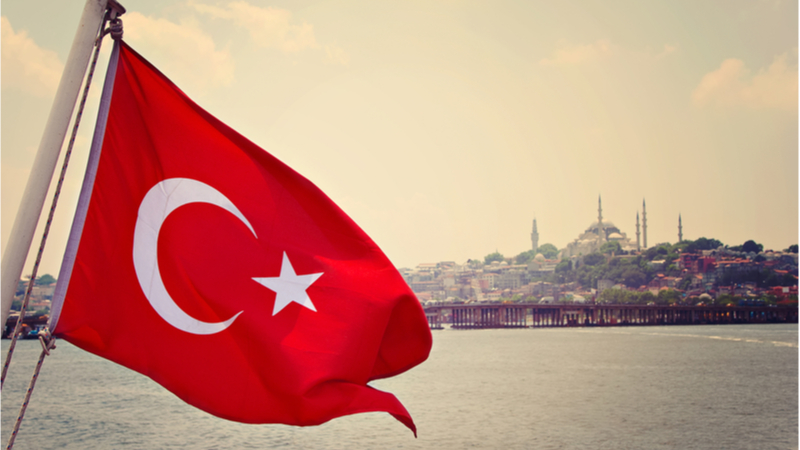
Closing Down Democracy – The Prosecution of the HDP
By Sarah Glynn
March 10, 2022
Despite the Turkish government’s current efforts to portray itself as a peacemaker who cannot countenance unprovoked aggression, its assault on the Kurds continues both within and beyond Turkey’s borders. Turkish democracy, always a sickly creature, is undergoing a judicial asphyxiation. Tens of thousands of opposition figures are in prison, including thousands of members of the third largest party in the Turkish Parliament, the pro-Kurdish, leftist Peoples’ Democratic Party (HDP). Two ongoing court cases could see leading party members jailed for life, and the enforced closure of the party. These cases commit the state even further to violent suppression of Kurdish hopes rather than a political solution.
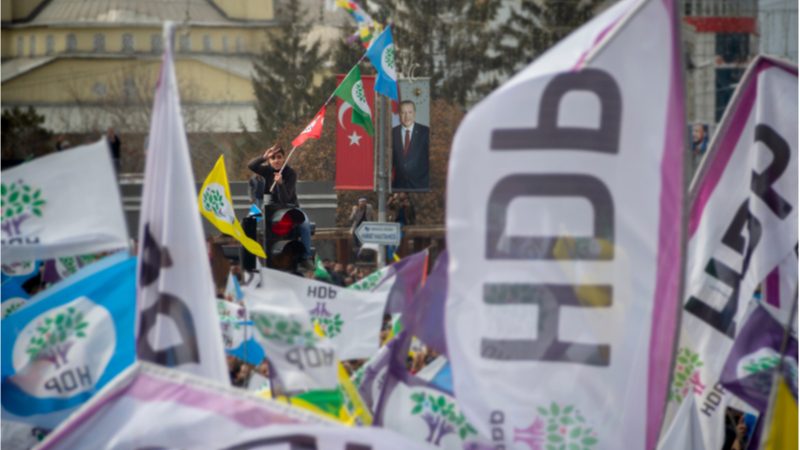
Turkey's Emergency Election: The Primacy of Raison d'etat
By Halil Karaveli
May 2, 2018
It is not President Recep Tayyip Erdogan’s “power hunger” that accounts for Turkey’s snap presidential and general election. Instead, raison d’état is behind this event, which will enshrine presidential rule. The abolition of parliamentary rule and the concentration of all executive powers to the presidency are designed to neutralize the Kurdish challenge. It is also intended to refurbish the authority of the state and lend it a renewed aura of strength after it was torn apart by the Gülenists. Reactions to Turkish developments should not be based on interpretations that neglect the primacy of the state’s interests and the impact of the Gülenist threat and Kurdish challenge.
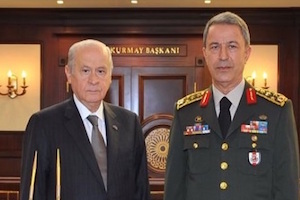
Walking for Justice: The Path Forward for Turkey’s Opposition
by Halil Karaveli
June 22, 2017
With his call for justice, which is a concept and a call that resonates among vast swathes of the population, CHP leader Kemal Kılıçdaroğlu has positioned himself as the tribune of all those – the victims themselves and their families – who have suffered from the successive purges of the AKP regime. Although his call for “justice for all” suffers from a lack of credibility, since it does not include the Kurds, it may nonetheless prove to be the potentially most effective weapon so far against President Recep Tayyip Erdoğan’s authoritarianism.
